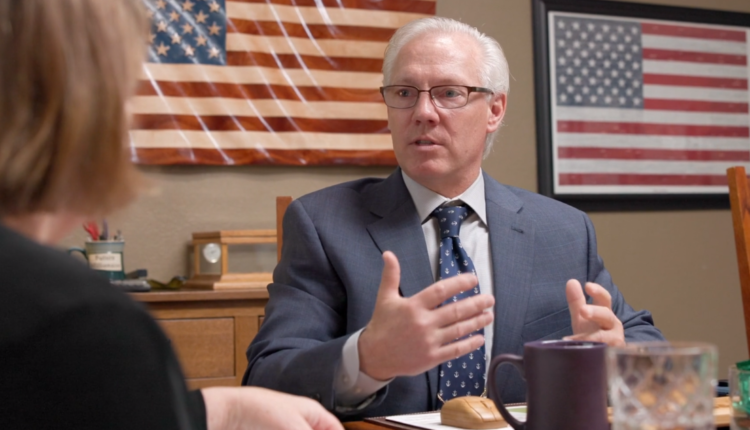Bottom lines and profit margins are often the driving forces behind many financial practices. While it can work in the short-term, clients realize that their worth is nothing more than a profit-generating opportunity in the long run. This creates distrust and is ethically wrong.
This traditional approach of viewing clients merely as money-makers is becoming outdated as individuals seek more personalized and human-centered financial guidance. This shift is not just morally correct but also essential for fostering trust, loyalty, and long-term success for both clients and financial planners.
That’s why it is crucial for financial planning services to shift their focus towards building meaningful relationships with their clients. This drive has propelled those financial services to new heights that have always been seeing a human with aspirations in every client.
Chad J Karl Associates is an example of such financial practices. The firm’s founder, Chad Karl, keeps his unique concept of Return on Life at the forefront, aiming to improve his client’s quality of life instead of just generating dollars. Due to such a client-centric service, he claims that 99% of his clients have tagged along for over 30 years.
“It’s all about the trust we built,” Karl says, “For us, every client is like family, and we try to give our best in planning their finances to help them achieve their unique goals.”
So, what do firms like Chad Karl Associates do to gain their client’s trust? Let’s explore some ideas shared by Karl as he believes they drive his firm’s client connection.
Understanding the Human Element:
Financial planning is inherently personal, touching on aspects of individuals’ lives that go beyond mere numbers. It involves dreams, aspirations, fears, and the overall well-being of clients and their families.
Communication is Key:
Financial planners must prioritize open communication to establish trust. Regular check-ins and updates, beyond routine financial reviews, help in maintaining an ongoing dialogue with clients. Understanding life changes, such as a new job, the birth of a child, or retirement plans, allows financial planners to adapt their strategies to meet evolving needs.
Education and Empowerment:
Karl asserts, “Rather than viewing clients as passive recipients of financial advice, planners should empower them to make informed decisions.” This involves educating clients about various financial concepts, investment strategies, and potential risks. An informed client is more likely to actively participate in the planning process and feel a sense of ownership over their financial future.
Long-Term Perspective:
While short-term profits may be tempting, a successful financial planning service understands a long-term perspective. Building a client base that remains loyal over the years requires a commitment to sustained, meaningful relationships. This involves not only adapting to changing financial landscapes but also evolving alongside clients’ personal and financial journeys.
Conclusion:
In a world driven by numbers, financial planning services must shift their focus toward building meaningful relationships that prioritize the human element. Beyond profits, the success of financial planners is intricately linked to the trust, loyalty, and satisfaction of their clients.
Following the example of financial planners like Chad Karl, firms can transform their approach and contribute to the overall financial well-being of those they serve. In this paradigm, success is measured not just in dollars earned but in the lasting impact on clients’ lives.


Comments are closed.